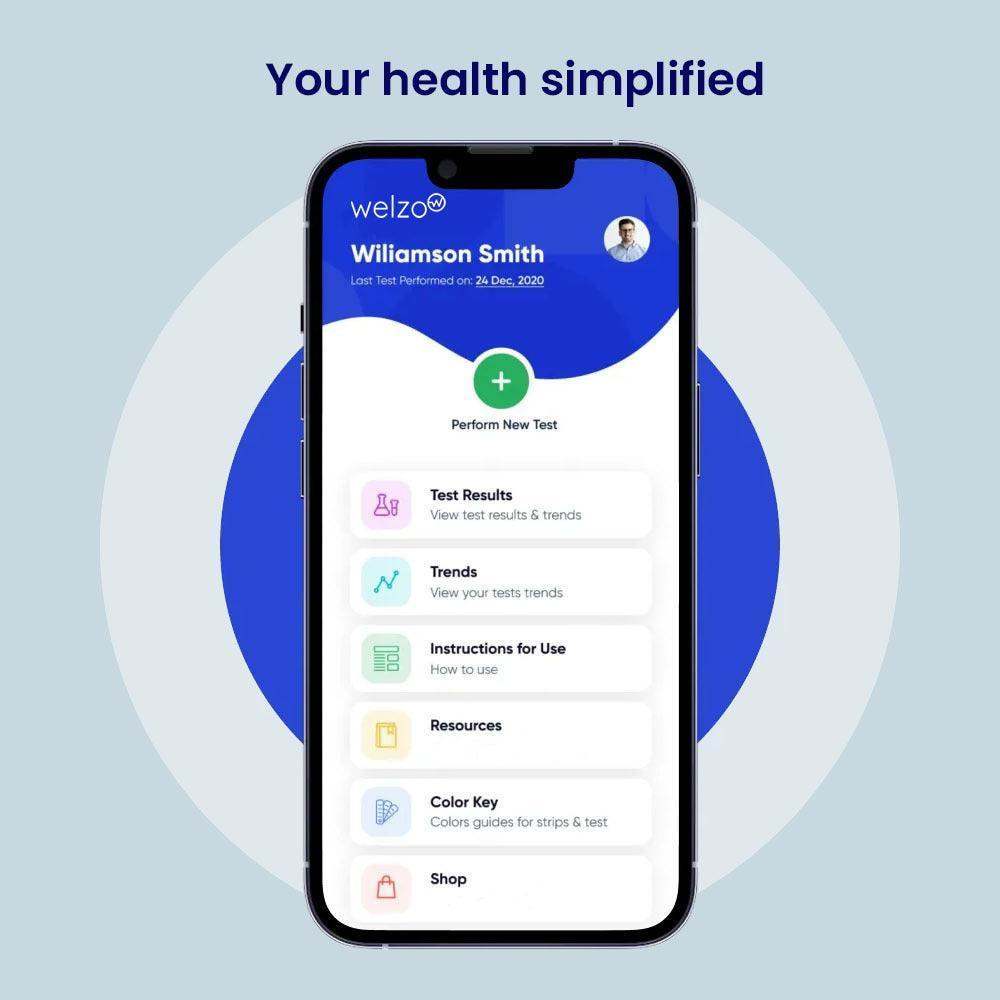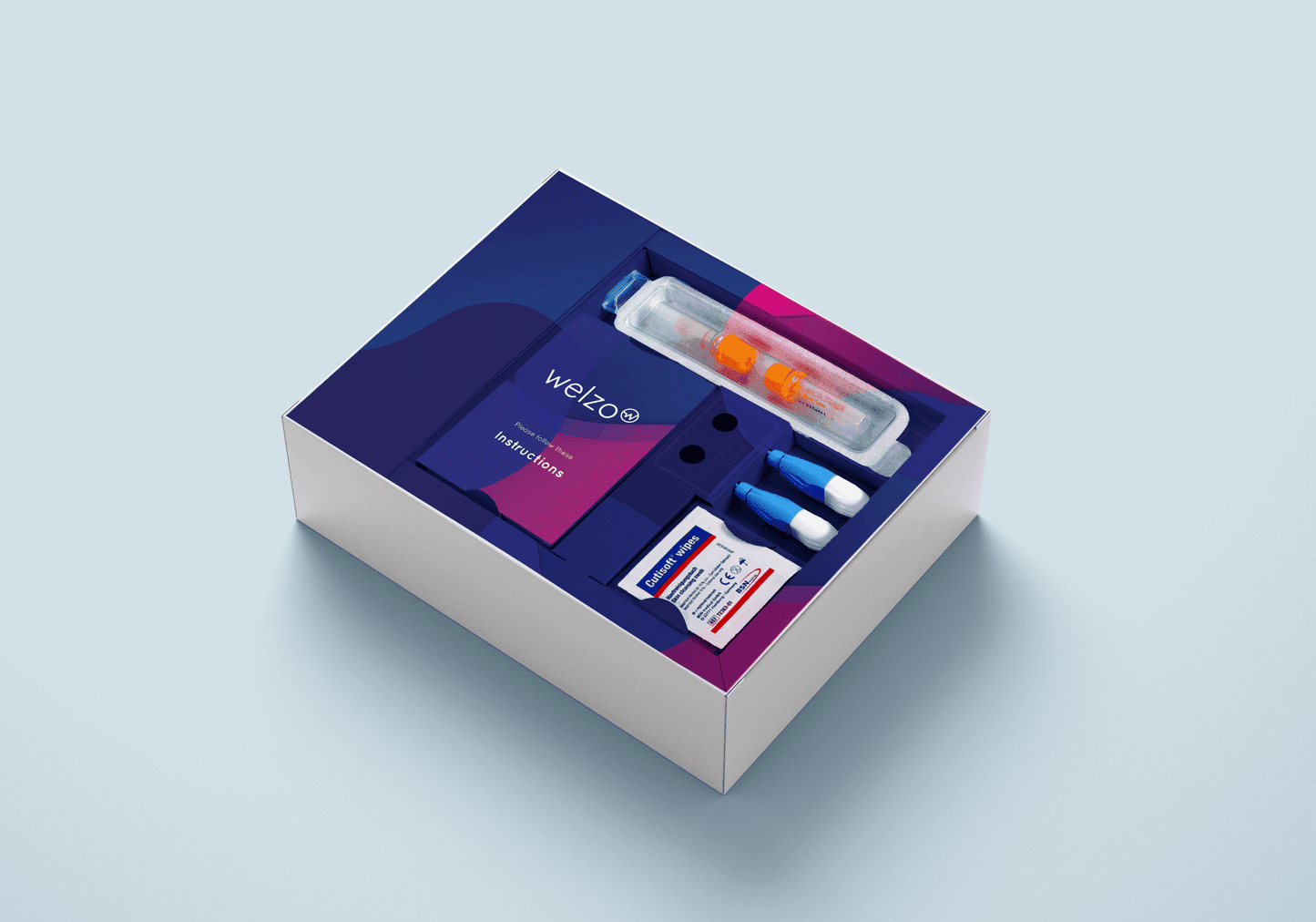Energy & Fatigue Home Blood Test
A Tiredness and Fatigue Blood Test is a common way to determine the cause of your symptoms. The test can help identify if you have anaemia, a thyroid disorder, or another fatigue related health condition.
- Iron
- Transferrin Saturation
- UIBC
- CRP HS
- Free Thyroxine (FT4)
- Ferritin
- TIBC
- Vitamin D
- Free Triiodothyronine (FT3)
- Thyroid Stimulating Hormone (TSH)
The UK's Highest Rated Home Testing Provider
- Biomarkers
- Information
Iron
Thyroxine (T4)
Thyroid Stimulating Hormone (TSH)
Vitamin D
Free triiodothyronine (FT3)
hs-CRP
Symptoms of Tiredness and Fatugue
Additional Information
Additional Insight from Dr Sameer Nakedar, MBBS, MRCGP, PGCert
Why Take a Tiredness and Fatigue Blood Test
If you have found yourself more tired than usual and cannot easily explain the change due to an increase in activity or lifestyle change, it is important to be tested as the symptoms may be the cause of a change within the body. There are many factors that could account for an increase in tiredness and fatigue, the lack of vitamin D from reduced sun exposure is a large cause within the population for feeling tired. There are several other more serious reasons for feeling tired, including an over or under-acting thyroid, iron deficiency, lack of ferritin production and other impaired protein productions. Taking a Tiredness and Fatigue Blood Test will aid our trained doctors in treatment or lifestyle changes to get you feeling energised and less fatigued.








How to take your Welzo Test
You're one step closer to discovering a healthier you! Taking your Welzo test from the comfort of home is simple and straightforward. Click the link below to learn more about how it works.



























 Rated Excellent by 26,523+ Reviews
Rated Excellent by 26,523+ Reviews